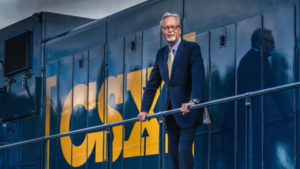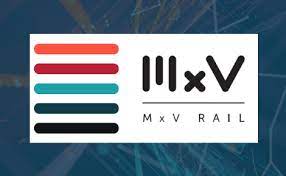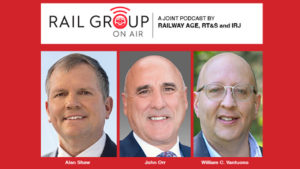SMART commuter train plan delayed by economy
Written by jroodIt's unlikely the SMART rail line linking Sonoma and Marin, Calif., counties will be finished by 2014 as promised to voters because the agency running the train project is wrestling with a $155-million shortfall brought on by a stumbling economy, the Contra Costa Times reports.
Sonoma-Marin Area Rail
Transit District officials reported at a meeting at San Rafael City Hall that
they would likely have to build the line in two segments. The first segment, which
would be finished by 2014, would extend from Larkspur north to somewhere in
Sonoma County.
The precise terminus will
still have to be determined, but SMART General Manager Lillian Hames said it
could be anywhere from Petaluma to northern Santa Rosa.
"We will know better
after we have the cost estimates come in this summer," Hames said.
The agency will then have
to seek federal money to pay for the rest of the line, north to Cloverdale. If
it is successful, the rest would then be ready by 2016.
"We need to work
with our D.C. lobbyists," said San Rafael Mayor Al Boro, a SMART board
member. "We need to do all we can to make this happen."
In November 2008, voters
approved Measure Q, which increased the sales tax by a quarter-cent in Marin
and Sonoma counties for the next 20 years to help pay for the $1.1-billion
total project cost over two decades. The struggling economy has hurt the rail
plan by reducing the amount of sales tax revenue to finance the project by
about nine percent. It also has created a poor bond market. SMART had hoped to
borrow $300 million based on stable sales tax revenue, but with less money
coming in its ability to borrow capped at $200 million. That, in addition to
the lower revenue, has put the agency about $155 million short.
Another option to pay for
the project would be to use the sales tax dollars as they become available, but
under that scenario the line would not be finished until 2021.
Federal money will not be
simple to come by. SMART first must convince the Metropolitan Transportation
Commission – the Bay Area’s transportation planning agency – to give it
"priority" status to allow the rail agency to apply for federal
funding. Even if that occurred, there would be no guarantee the agency would
get the money because other agencies around the country vie for the same pot of
cash.
SMART officials believe
they are in a good position, however, because a majority of the project is
being paid for with local dollars.
Ironically, although the
rail measure passed in 2008 enjoyed less support in Marin, the county would see
its segment built on time under the current plan. That is because SMART has
already spent funds from the Metropolitan Transportation Commission on the Cal
Park Hill Tunnel project to link San Rafael and Larkspur. SMART officials fear
if they mothballed the project, the agency would be less likely to give SMART
the priority status it seeks.
Construction of the
entire 70-mile rail line was scheduled to occur between 2011 and 2014. Stations
in Marin will include Larkspur near the ferry terminal, downtown San Rafael,
the Civic Center, Hamilton and in Novato near Highway 101. An adjacent bike and
pedestrian path will also be built, but over a longer period.
SMART’s Cloverdale
representative, Carol Russell, who is mayor, said she understood her city might
have to be cut out of the initial segment.
"We need to hang
together on this," she said. "This is not a north versus south
issue."





